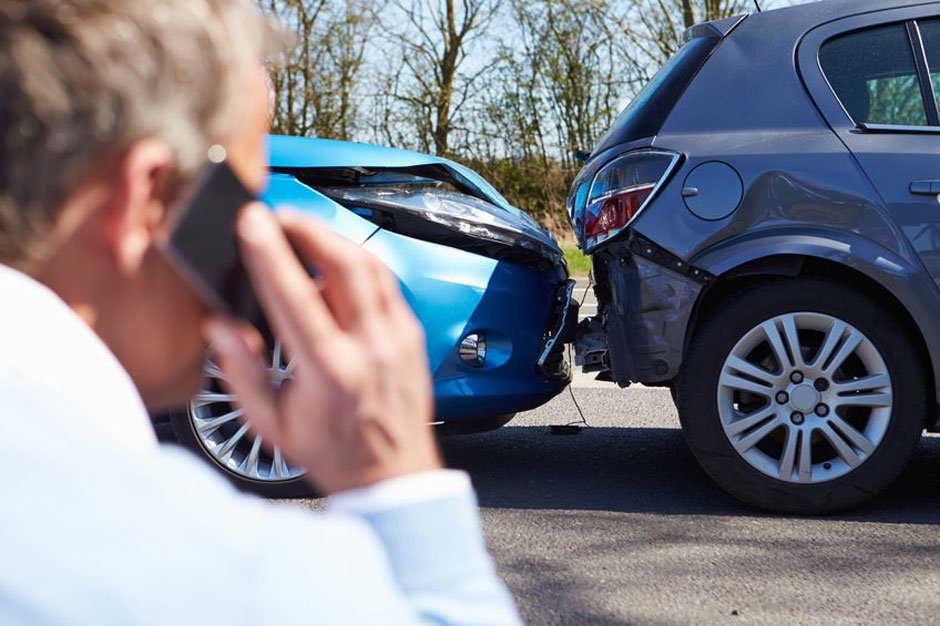Millions of people are injured in car accidents in America each year. These accidents result in injuries ranging from minor to fatal, which is why it is important to get assessed by a medical professional.
Some of the most common injuries include fractured or broken bones, head and neck injuries, and cuts and bruises. Car accidents can be traumatic, both physically and emotionally. Instead of trying to push through and continue with your normal life, take proper care of your body, and learn to focus solely on your recovery journey.
Depending on your injuries, this journey could take a few days or even a few months. The essential part is to heal naturally. These seven tips below are scientifically proven to help speed up your healing time:
1. Seek Immediate Medical Attention
The first few hours after a car accident can be confusing. You might not feel pain until your body has had a chance to process the trauma. That process could take hours or even days, which is why you must seek immediate medical treatment – even if you don’t seem injured.
One of the most common experiences following a car accident is a rush of adrenaline – which distracts your body from pain. Seek a professional diagnosis from a trauma injury specialist.
2. Ice and Heat Method
The body’s response to most injuries is swelling, inflammation, and redness. Ice constricts blood vessels, thereby reducing the body’s ability to allow inflammation in the iced area. After an accident, use ice to minimize swelling for the first few days.
After around 4 days, introduce heat to the healing process. Heat increases blood flow to the area and assists the body to heal. Don’t apply heat earlier than that, it could lead to additional swelling and an increased recovery time.
Use this time to heal, so think before you partake in any new challenges.
3. Limit Physical Activity at First
It is crucial to give your body a time-out after being involved in a car accident. It needs time to rest and recover, allowing for proper healing. Exercise can help to improve your range of motion and improve muscle strength, but in the first week following an accident, it is vital to rest more instead.
With common sense and your doctor’s approval, you can slowly increase your exercise routine during your recovery period, but don’t push it! Getting back out there might be a priority for you, but it’s no use if you’re just going to prolong your healing time.
This period of rest will give you ample time to consult with a Phoenix Car Accident Attorney and decide what actions you want to take next.
4. Rest
There is impressive science behind the seemingly never-ending benefits of good sleep.
As we fall asleep, the blood flow increases to our muscles, bringing oxygen and micronutrients to help us recover quicker. Rest will also help reduce the level of cortisol, the stress hormone.
Cortisol, especially in large amounts, breaks down tissues in the body and will significantly hamper your healing time. Sleep allows growth hormones to rebuild damaged and injured tissue and cells.
5. Recovery-Friendly Diet
Combining the right foods can fuel optimal healing in your body. Lean proteins, fresh fruit and veggies, and whole grains assist in rebuilding muscle and damaged tissue by providing your body with everything it needs to repair itself.
Don’t avoid fats during your recovery; your body needs energy to heal and compensate for inflammation – something unsaturated fats know all about. The right foods contain a plethora of delicious nutrients, vitamins, and minerals.
6. Physical Therapy
For moderate to severe injuries, never discount the amazing healing power of physical therapy. It is essential to long-term recovery and can help you get back on your feet much faster. The goals of most sessions will be to reduce pain, improve mobility, and help your body to heal quicker.
In the first few weeks following your accident, your physical therapist will focus on restoring movement with their trained assistance. They will help you push through your discomfort without risking further injury, which we aren’t commonly good at doing ourselves.
Have patience with your mind and body – after a traumatic event like an accident, you should give yourself a break.
7. Drink More Water
Staying hydrated is one of the most underrated methods for speeding up the healing process. Water helps reduce inflammation and swelling after an injury, increases blood flow, and helps cells regenerate faster and more effectively.
Being adequately hydrated will reduce muscle fatigue and other aches and pains. Wounds and scars also need moisture to form and heal optimally. If you’re dehydrated, you will take longer to heal, and your scars might be more severe.
Don’t skip these steps above; each one has earned its place on this list – you’ll be thankful you did!









